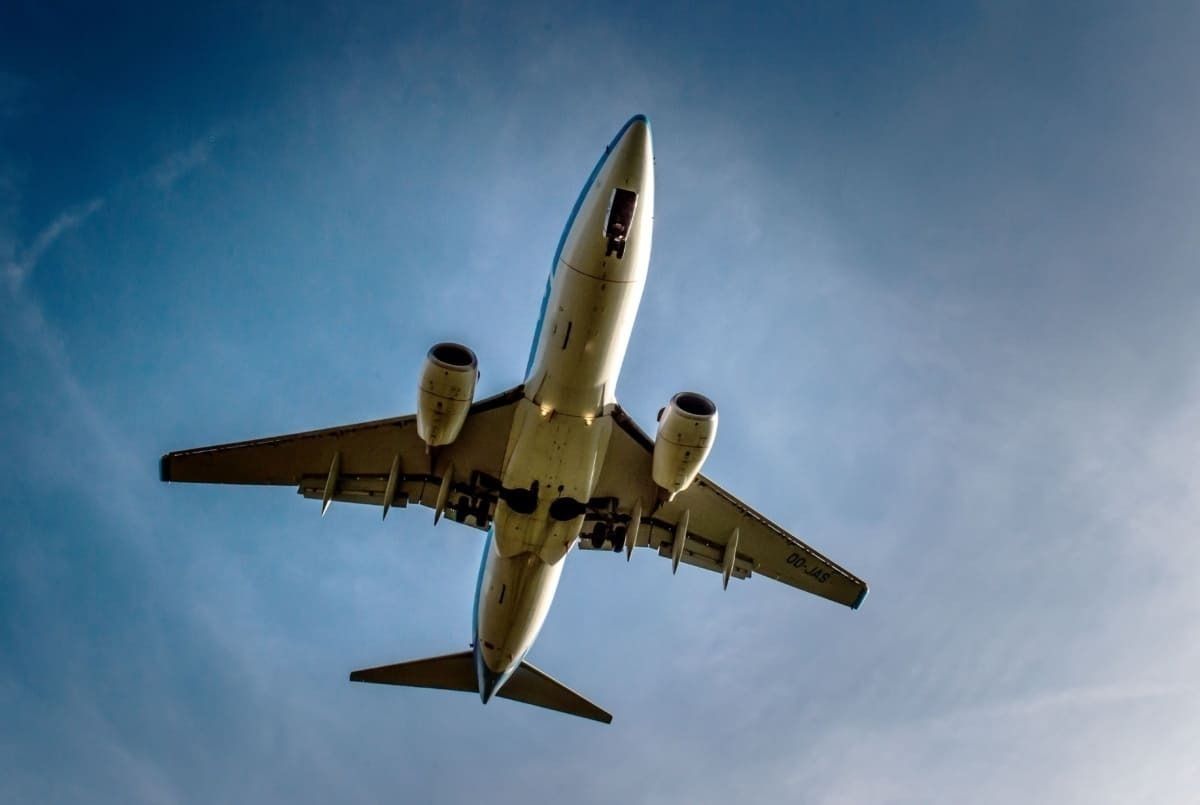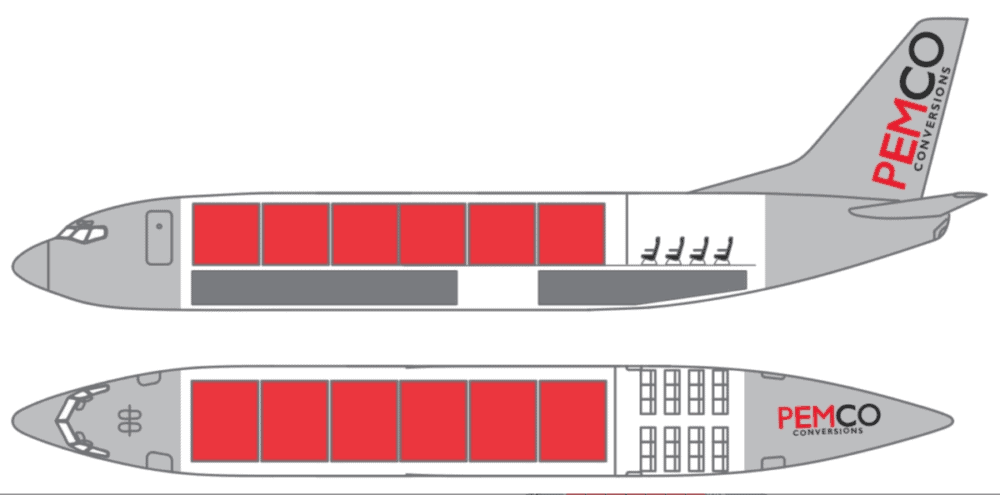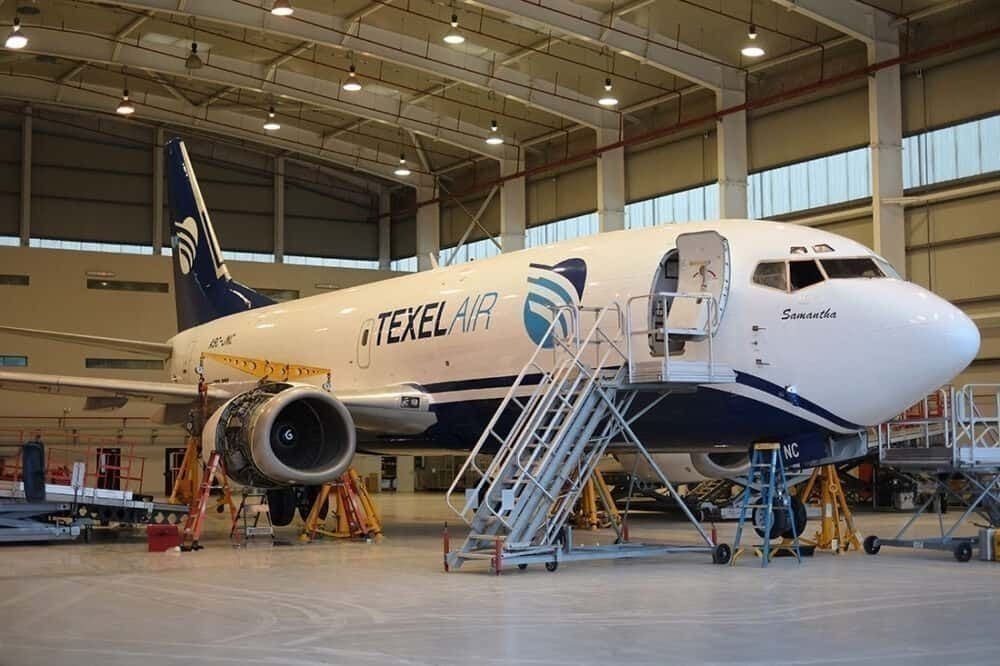On Wednesday, the Federal Aviation Administration (FAA) issued a certification for a reconfiguration of passenger Boeing 737-700s into combi-freighter aircraft. The jets will be remodeled by Pemco Conversions, and already has its first customer in Bahrain.
Trendy conversions
The present crisis saw passenger jets turn into cargo freighters at a previously unthinkable speed. As airlines scrambled to earn much-needed cash from the ferrying to and fro of medical supplies and personal protective equipment, seats were removed from cabins to make space for pallets.
What's more, many carriers now find themselves with a surplus of aircraft as they look to downsize and restructure their fleets for a post-pandemic recovery era. So no wonder conversion engineers, and customers, are turning their gaze towards an older workhorse such as the 737-700.
On Wednesday, the FAA granted Air Transport Service Group (ATSG) approval for a conversion scheme for the Boeing 737-700 called Passenger-to-FlexCombi. This makes them well situated to snag up some leftover jets at bargain prices, and profit from a potential continued increase in cargo-demand.
FlexCombi™
The certification issued for ATSG's conversions branch Pemco Conversions includes two main configurations. One is a flexible main deck cargo and freight configuration with three possible options. The reconfigured aircraft will be marketed as B737-700FC (FlexCombi™). The other is for full-freight only.
"To reach this moment in the development of our 737-700 passenger-to-freighter conversion program solidifies our presence as a global leader in the marketplace," Mike Andrews, director of conversion programs for PEMCO said in a statement seen by Simple Flying.
"We are pleased with the performance of our Tampa cargo conversion team and continue to develop innovative products meeting increased customer demand for 737 conversions," he continued.
Having received approval from the FAA, ASTG said it will now be seeking certification from the European Aviation Safety Agency and the Civil Aviation Administration of China.
Payload details
The combi-solution has three possible configurations, with 24 and 12 passenger cabins, respectively. The first, Configuration A, offers 30,000 pounds of payload with six pallet positions. The latter, Configuration B, provides 35,000 pounds of payload with seven pallet positions. The full-freighter version can hold 40,000 pounds of payload and eight pallet positions.
Launch customer in Bahrain
The launch customer for the B737-700FC is Chisholm Enterprises. Based in Bahrain, the company provides tailored aviation solutions in the Middle East. The plane will be operated by its subsidiary, non-scheduled cargo airline Texel Air, out of Bahrain International Airport, and is registered appropriately as A9C-FLX.
It is unclear which of the configurations Texel has chosen for its aircraft. The carrier already operates two Boeing 737-300 combi freighters. Oddly enough, following the Bahrain Air Show in 2018, reports were made that the 737-700 would enter its service in January 2019. It has yet to do so, however and is still listed as stored at the latest available update from March 2020.



